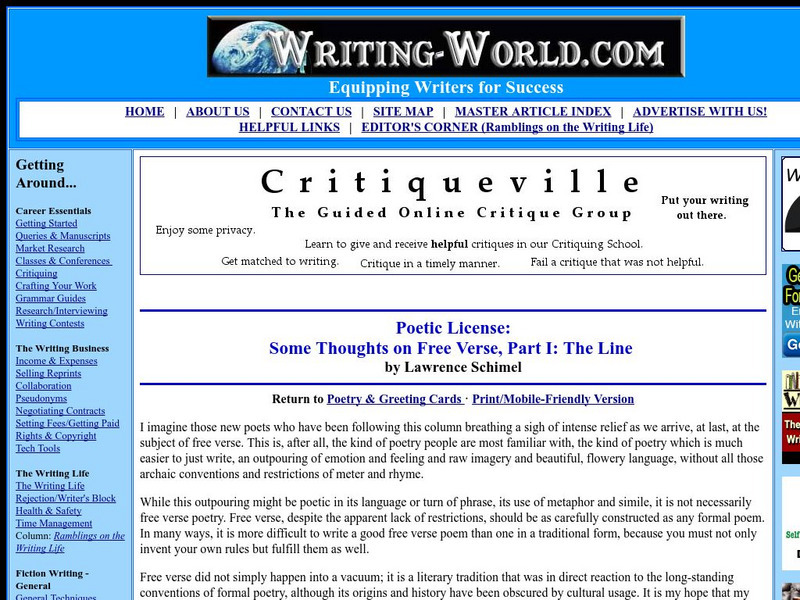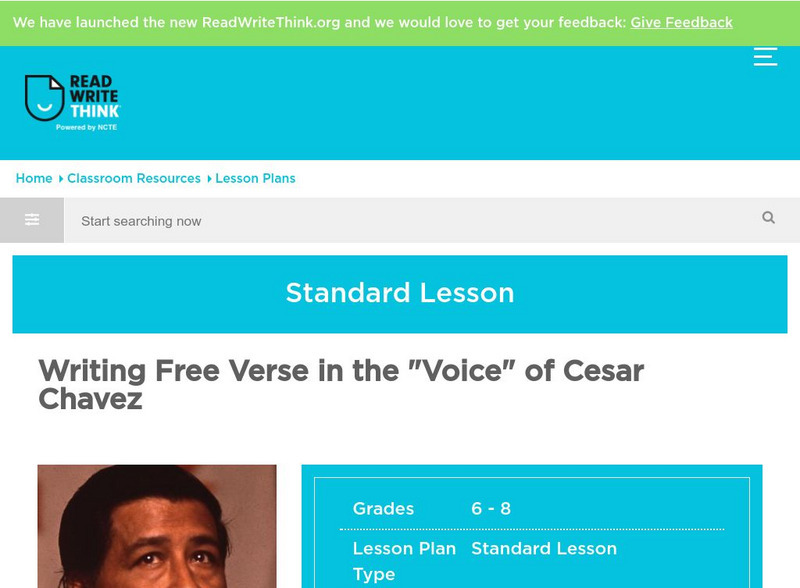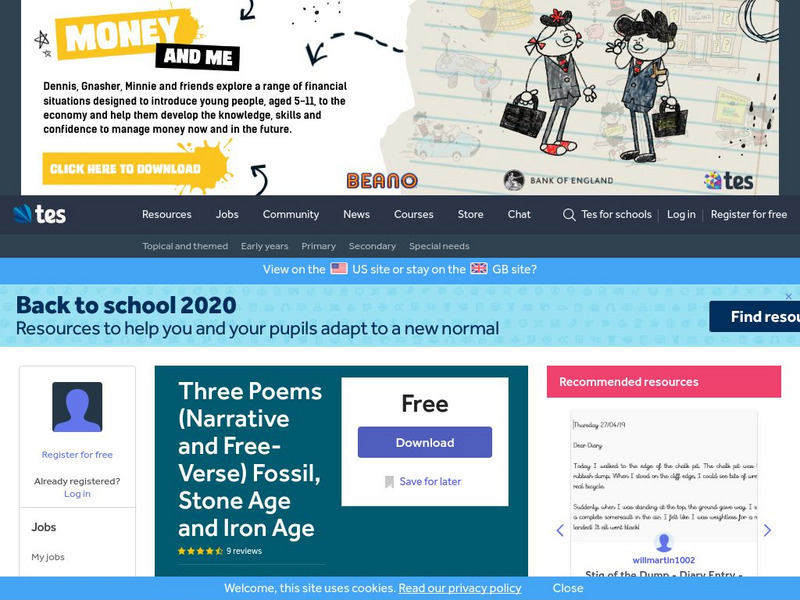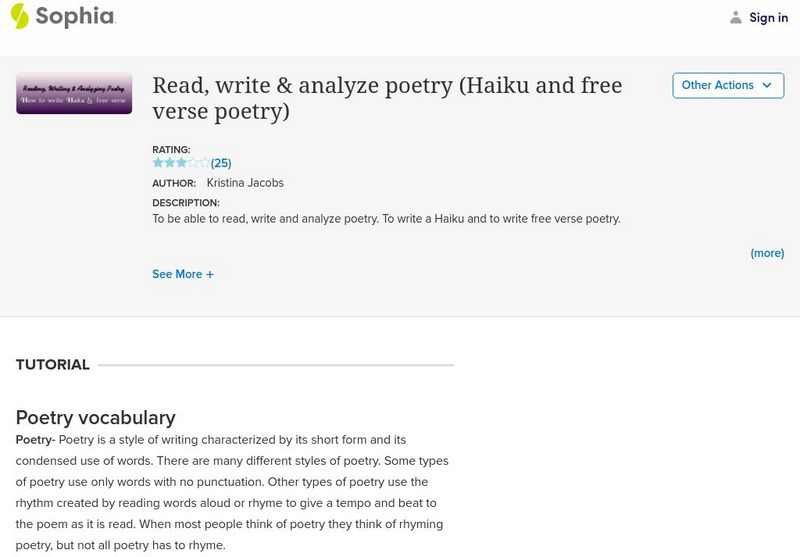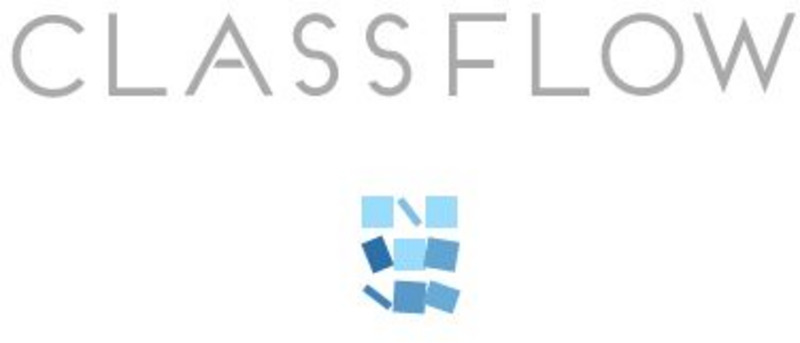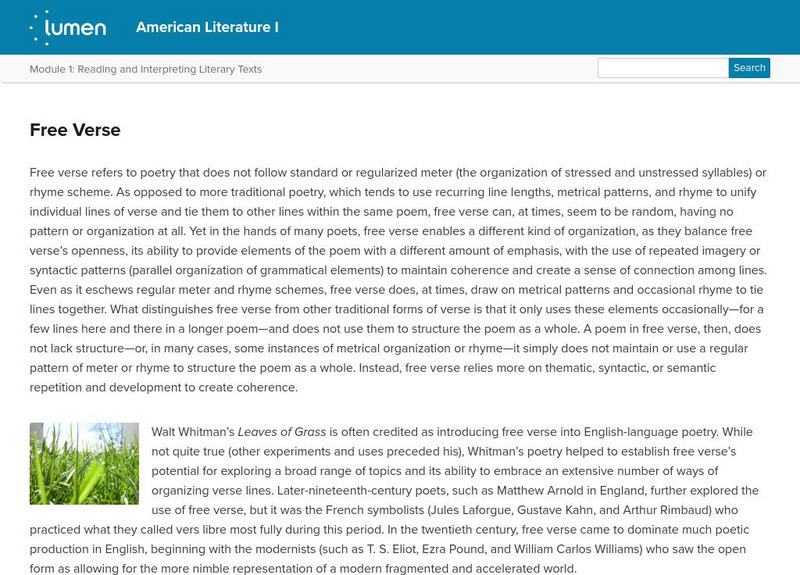Poetry Foundation
Poetry Foundation: Dream in Color: A Guide for Middle School Teachers [Pdf]
Visit this resource to find a wealth of poems, lesson plans, and classroom activities to help middle school students discover the diversity in African American poets and create their own voice in poetry. This resource is in PDF form.
Other
Writing World: Poetic License: Thoughts on Free Verse
Column that gives advice on writing free verse poetry as well as some background concerning its development. Some technical terms are defined in the course of the discussion (end stopped, enjambed). There are links to more articles like...
ReadWriteThink
Read Write Think: Writing Free Verse
This online lesson plan allows students to learn about the characteristics of free verse poetry and to model their poems after the activist Cesar Chavez.
University of Victoria (Canada)
The U Vic Writer's Guide: Literary Term: Free Verse
A concise and thorough explanation of the term "free verse" in poetry. Provides a definition, differentiation from "blank verse," and an example from Walt Whitman.
Virtual Salt
Virtual Salt: A Glossary of Literary Terms
This site provides a long list of literary terms complete with full definitions and examples.
TES Global
Tes: Three Poems (Narrative and Free Verse) Fossil, Stone Age and Iron Age
[Free Registration/Login Required] These narrative and free verse poems describe fossils, the Stone Age, and Iron Age. Entertaining graphic features accompany the poems.
Sophia Learning
Sophia: Read, Write, and Analyze Poetry (Haiku and Free Verse Poetry)
This tutorial focuses on poetry; it defines free verse and haiku, explains how to write each, and provides examples. It offers a slideshow which provides tips for beginners on how to read poetry, how to identify types of poetry, and how...
Other
Millcrest Academy: Rhyme Scheme
This page lists and defines many poetic terms commonly associated with rhyme and rhyme scheme. Unfortunately, there are no examples given. The list includes the following: anapestic meter, blank verse, couplet, dactylic meter, end rhyme,...
British Library
British Library: 20th Century: Creative Activities
Channel your creativity with these writing activities.
Ted Nellen
Cyber English (By Ted Nellen): Literary Terms F R
The second of three pages of simple definitions for literary terms. This page, F - R, covers forty-seven terms from "Fable," to "Romance."
Wikimedia
Wikipedia: Free Verse
Short encyclopedia article from Wikipedia that defines and gives historical context to free verse poetry. Although no examples are given, there are links to related topics available.
TES Global
Blendspace: Poetry
A learning module that includes twenty-two links to videos, pictures, weblinks, charts, and activities about different types of poetry including couplet, cinquain, acrostic, diamante, limerick, free verse, lyric, narrative, concrete, and...
ClassFlow
Class Flow: Types of Poetry
[Free Registration/Login Required] This flipchart introduces a variety of poem types to students. It contains various forms of poetry with example poems.
ClassFlow
Class Flow: Poetry Introduction
[Free Registration/Login Required] This flipchart introduces several types of poetry, gives the elements and examples of each type. The types of poetry include color poetry, limericks, free verse, and couplets.
Lumen Learning
Lumen: Reading and Interpreting Literary Texts: Free Verse
This article discusses free verse including defining it and discussing its beginning.


![Poetry Foundation: Dream in Color: A Guide for Middle School Teachers [Pdf] Unit Plan Poetry Foundation: Dream in Color: A Guide for Middle School Teachers [Pdf] Unit Plan](http://content.lessonplanet.com/resources/thumbnails/409999/large/bwluav9tywdpy2symdiwmduymc0ymze2mc1mddbubjmuanbn.jpg?1589983063)
